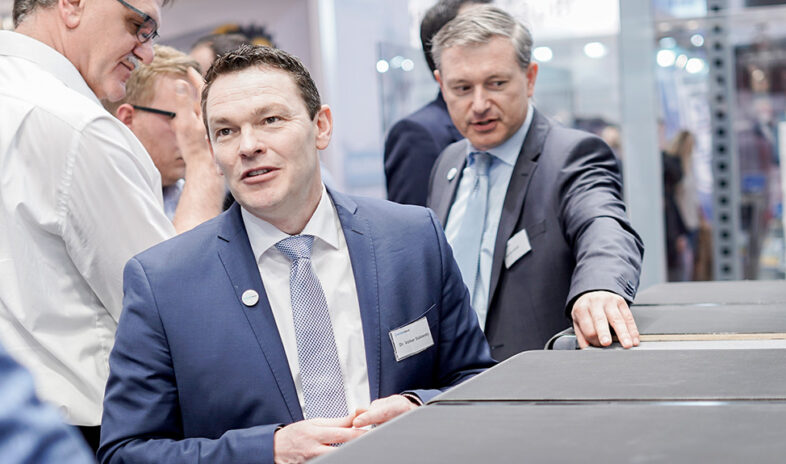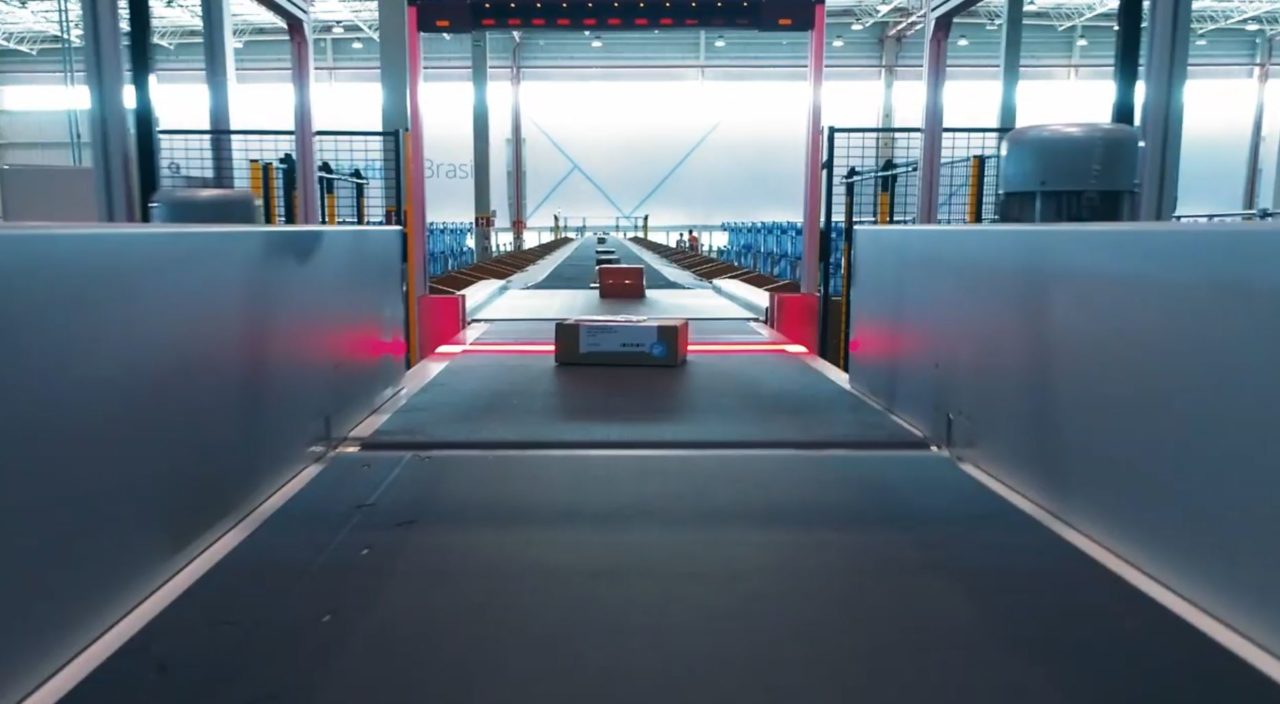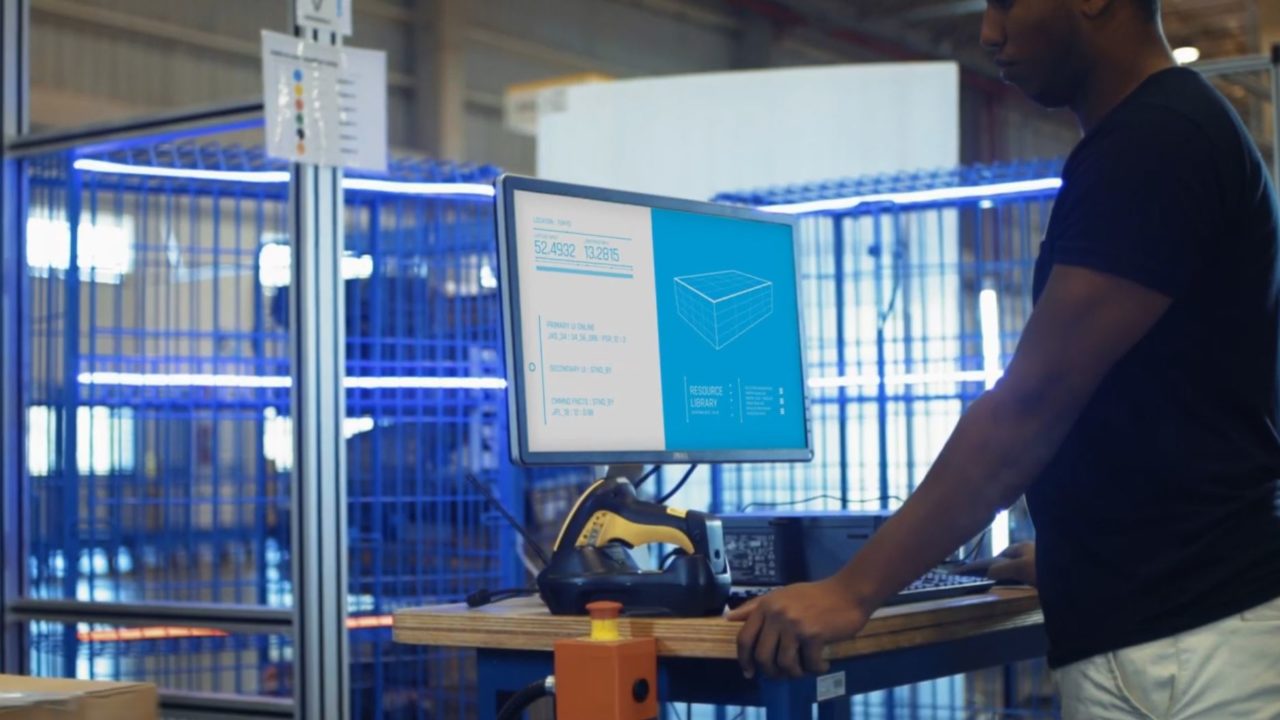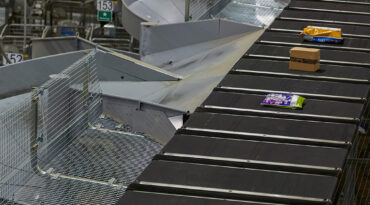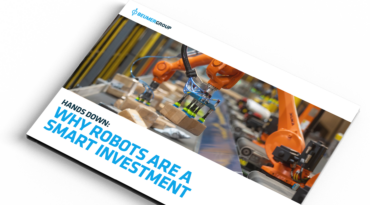Hansen says that a business should next look at the distribution network surrounding the process; if the new system allows more items to be processed at a quicker rate, can the network handle the higher capacity?
“Finally, consider the operational costs per item before investment and how these would be affected,” he concludes.
Hansen says that in-depth conversation with the CEP operator is key to understanding their needs and what they can afford.
“We always begin new relationships by understanding the customers’ core business values and the way their business works,” he says. “By taking this considered approach, we believe we are then in the best position to have the most successful long-term partnership for any CEP or postal operator.
Hansen says those detailed discussions about how the business operates and what it aims to achieve is the way to identify solutions for both smaller and larger operations.
“Based on this information, we can calculate if automation will be affordable for the business.”
A line sorter as a first step
Hansen suggests that smaller, growing companies could consider a line sorter solution as their first step into automation, because it offers a high degree of flexibility and a range of features that are ideal for growing businesses and that the sorter’s flexibility and adaptability are key benefits for many of the growing companies he works with.
“The system’s modular architecture means it can be extended with very little downtime,” he continues. “Sorter design can be specified on a very small scale and can be extended or upgraded to a more advanced, higher-speed at a later point.”
